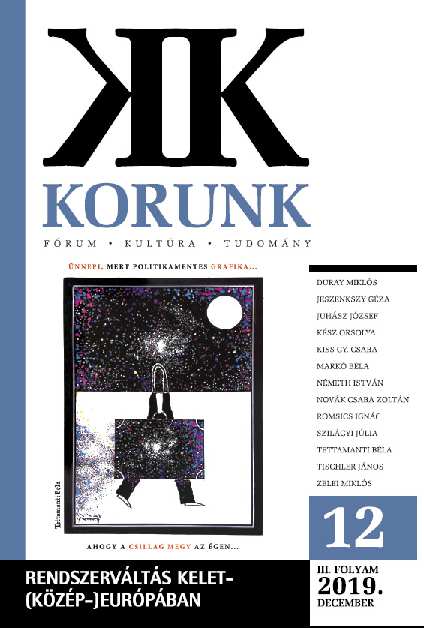Lengyelország – 1989
Poland – 1989
Author(s): János TischlerSubject(s): Transformation Period (1990 - 2010), Post-Communist Transformation
Published by: Korunk Baráti Társaság
Keywords: Poland; regime change; Solidarity; Lech Wałęsa
Summary/Abstract: The 1981 martial law could only save the personal power of Wojciech Jaruzelski. The social acceptance of the regime was minimal, the catastrophic state of the economy remained and the living standards continued to decline. The general was not able to crush the opposition concentrated in the Solidarity movement, forced into the underground. He had to recognize, in autumn 1987 at the latest, that if he wants to avoid the repeated use of force, he has only one chance: to initiate a dialogue with the Solidarity and to share the power, in order to obtain the support for an economic and political program promising essential changes. From the perspective of society, the 1982-1987 period was one of increasing desolation. The Solidarity got tired of its prolonged illegality and has lost much of its momentum and support. While in 1981, given the methodology of the exertion of political power, Jaruzelski did not have other options than to declare martial law, an alternative has begun to emerge in 1988, due to the economic and military collapse of the Soviet Union. Although the original goal consisted in preserving the communist regime, the Solidarity led by Lech Wałęsa recognized the opportunity and managed to overthrow it without bloodshed.
Journal: Korunk
- Issue Year: 2019
- Issue No: 12
- Page Range: 16-27
- Page Count: 12
- Language: Hungarian

